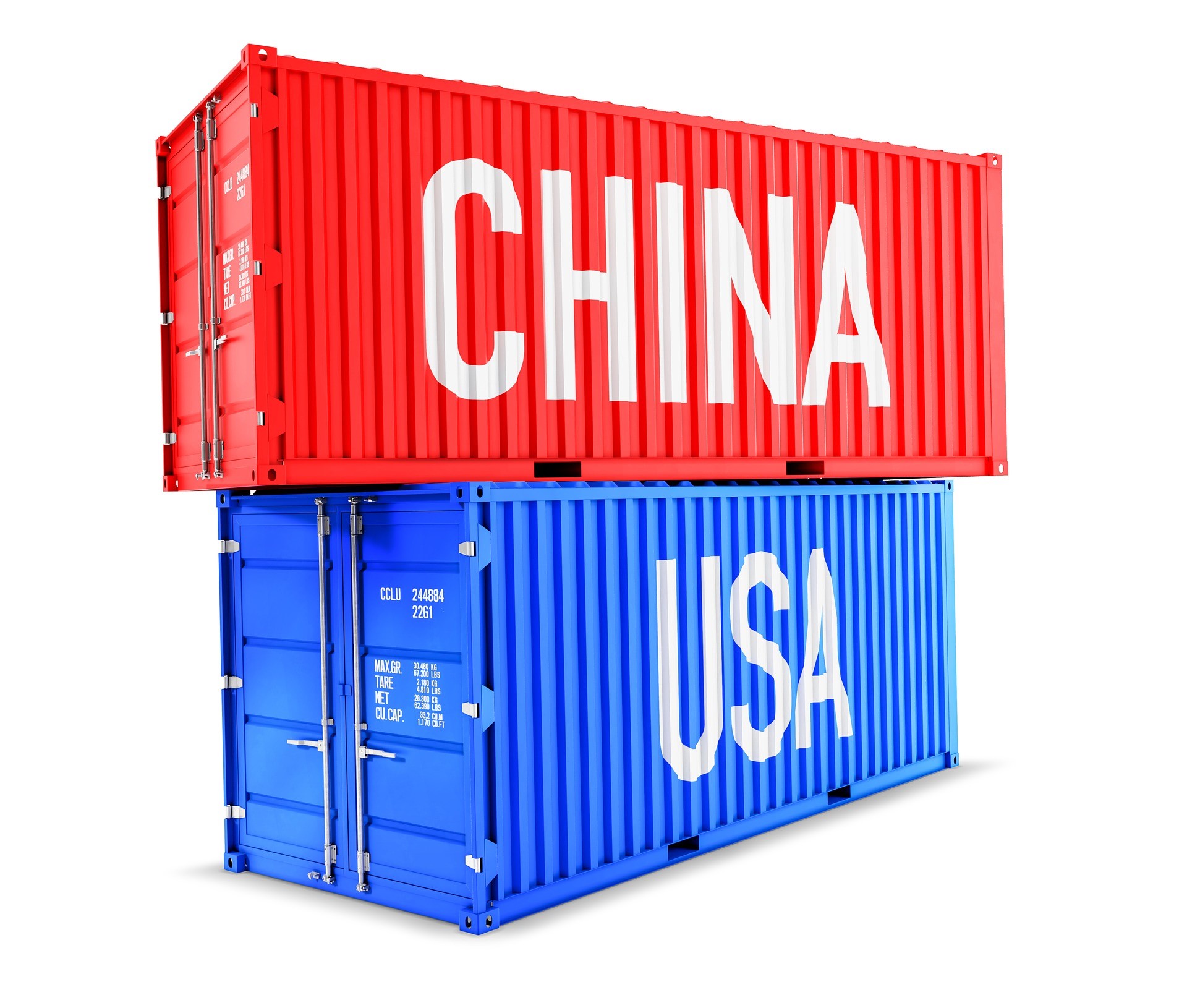Swissquote: Boiling

The planet is boiling. Tensions between the US and China ramped up as Wang Yi said that Americans’ response to the spy balloon was ‘hysterical’.
Antony Blinken said that the object’s entry into the US airspace was ‘irresponsible’. He also said that they have information that China is considering a dangerous aid to Russia, which could cause ‘a serious problem’. As a response, China said they will hold naval exercises with Russia and South Africa.
North Korea fired an intercontinental ballistic missile which landed off Hokkaido. The US, South Korea and Japan held aerial drills to show off a force. And Pentagon’s top China official went to Taiwan on Friday – it was the first known trip to the island since 2019. Then, international atomic monitors detected that Iran has uranium enriched to the levels just below what’s needed for a nuclear weapon.
The only good news is that there could be finally a Brexit agreement on Northern Island. But I won’t clap before I see the concrete agreement…
Escalating geopolitical tensions, combined with the hawkish Federal Reserve (Fed) bets, boost demand in the US dollar, while gold sees demand below the $ 1840. Note that an ounce of gold came as close as $ 4 to a critical support last Friday, which is the major 38.2% Fibonacci retracement, if cleared will mark the end of November to February bullish trend.
Whether the boiling tensions between the US, China, Russia, and Koreas will help keep gold’s head above water is yet to be seen. Because the US yields are trending higher on an increasingly hawkish Fed talk, and that could well send the precious metal into the bearish consolidation zone, sooner rather than later.
ECB’s Schnabel sends ECB rate expectations rocketing.
The European Central Bank’s (ECB) Isabel Schnabel warned last week that investors may be underestimating the persistence of inflation, and more importantly the response needed to tame it. She said that the ECB may have to act more forcefully to bring inflation to the 2% target.
Her words boosted the ECB rate bets, with money markets pushing the peak ECB’s deposit rate to 3.72%, from around 2.50% where it stands currently. The latter helped the EURUSD rebound from the 1.0612 dip on Friday, but the pair remains under pressure with decent resistance seen into the 50-DMA, which stands near the 1.0730 mark.
The European stock markets, however, continue to perform well despite the hawkish ECB expectations and the few more 50bp hikes to come. The rebound in the euro since the end of September has been a boon for European stocks, as the stronger euro made energy costs – that are negotiated in the USD terms – more affordable for European companies. The mild winter in Europe also helped divert the risk of an energy shortage.
Even though the EURUSD started easing in February, the strength in European stocks continued on the back of softening energy prices. The DAX is now at one-year high levels, at levels before the start of the Ukrainian war, and the CAC40 hit an all-time high last week. It’s unbelievable.
The European nat gas futures continue trending lower, on the other hand, we are also at levels before the war in Ukraine started. The barrel of American crude fell to $75bp on Friday, and interestingly, the Chinese reopening, the fading global recession odds, strong economic data, or supply cuts from Russia… nothing has been appetizing enough to give the oil bulls the momentum they needed to clear the 100-DMA resistance.
That’s great news for the DAX, because the energy costs will be falling further even with a softer euro. And, on the other hand, the softer euro is a boon for French luxury brands, as they make more sales abroad.
What could go wrong? The ECB. Higher ECB rates, and a potential U-turn in energy prices are the main risks to the European stock rally right now.
The only place where the central bank will remain soft enough is on China, to recover from a series of absurd Covid measures that pushed the economy into an unnecessary depressed zone. So People’s Bank of China kept its lending rates unchanged for the 6th straight month and urged banks to “front-load” credit extensions and help support the recovery. Whether it is enough to make people willing to buy Chinese stocks is yet to be seen.
The geopolitical tensions aren’t going in the right direction for restoring confidence. Nasdaq’s Golden Dragon China index is down by more than 10% since the January peak. Alibaba is down by more than 17%. Alibaba and Baidu will announce their latest quarterly earnings this week, and may not come as a blessing. The revenue is seen 6% lower over the year. Even the Singles Day sales may not save the day.
